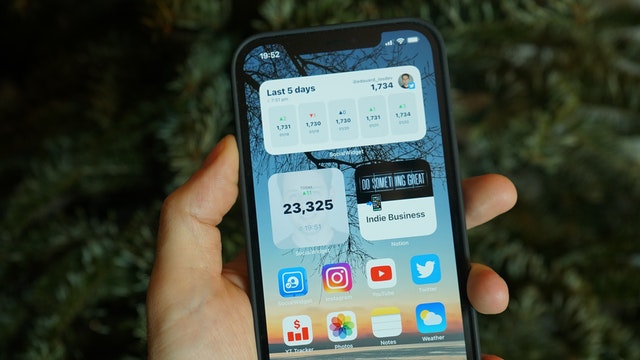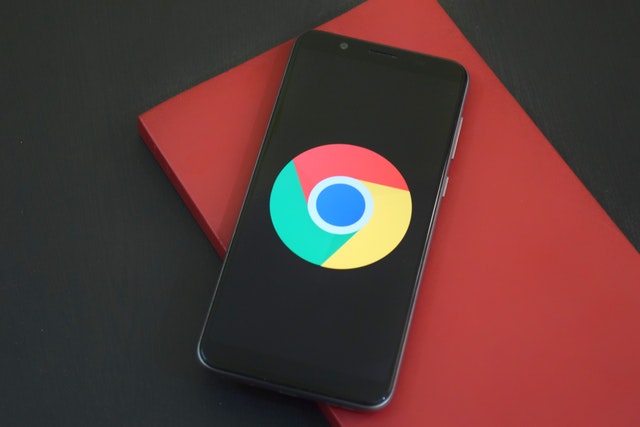Single Page Applications and Progressive Web Apps (PWAs) have been consistently growing owing to their quick and user-friendly interaction elements, which eventually help them deliver an enhanced consumer experience.
In the modern era of technology and consumer demands, you cannot ignore the importance of mobile users. Statista reports that 52% of global online traffic comes from mobile devices. Therefore, online businesses need to understand the new methods to reach their customers effectively. Hence, they need to invest in progressive web apps or PWAs.
On the other hand, we have Single Page Applications that have gained considerable popularity. Single-page applications (SPAs) are a sort of web implementation, which loads only one single web document and while the webpage is to remain the same only parts of it need to be updated. Majorly body of the web document needs to be updated using Application Programming Interface (API). Let’s understand how SPAs and PWAs impact the overall consumer experience.

What are Single-Page Apps?
Gmail, Facebook, and Netflix are a few famous single-page applications today. SPAs help users because when accessing a website, they do not have to load a new page every time they want to access an element on the said website’s server. So, in simpler words, SPAs are the applications where most of the page and content remain the same while a few elements are updated.
SPAs help deliver what a user demands while keeping the other things the same every time a user requests. Since most webpages in a particular website have similar content, like headers, footers, contact us sheets – SPAs keep all of this the same while only changing what you request.

SPAs only show users what they need to see when they click on a website. From within the website’s servers emerges requested information, while the rest of the webpage remains the same. SPAs make it possible to send out the information requested with each click. Unlike the traditional searching mechanism, the browser gives out that information where a server keeps delivering a complete page whenever a user clicks and provides it to the browser.
SPAs make it faster for users to access the website content, and it delivers better performance to the users. It offers a more holistic and dynamic experience, makes the information that servers are supposed to send out a lot lesser, and helps make the whole cycle more cost-effective.
What are the advantages of single-page apps?
One of the most promising and significant advantages of single-page apps is that they enhance the user experience by increasing the speed of content delivery. It also makes it easier for content developers to deliver an app-like experience to users and not make them go through the hassle of reloading a page again and again.
The fact that a web page doesn’t have to load to deliver anything that the user clicks on requires developers to reform their designing and thinking styles and modernize them. Although, one can feel the benefits from the better user experience in significant numbers.

Single-page apps deliver content faster as only a small amount of data needs to be retrieved from the back-end instead of whole pages. The presentation resources are only required to be loaded once. The other interactions with the website only need minor changes, which the application can quickly change and display to the user.
Since SPAs are entirely disconnected from the back-end, it is easier to use and station them separately – which can turn out to be a massive benefit. Why? Because small changes on the front end would not require the entire application to be troubled, which usually takes a lot of time when it happens.
What are Progressive Web Apps?
According to Google engagement statistics, the median bounce rate of PWAs is 42.86% lower than mobile websites. PWAs offer impressive conversion rates, better engagement, and offline accessibility and security. Progressive Web Apps (PWAs) are software created using web technologies like HTML or Java. These applications are made through the web. PWAs are supposed to work on any platform – be it desktop or mobile phones – that functions with a standards-compliant browser.
PWAs do not require to be distributed separately because they are a type of website. Developers can develop web applications and publish them, and users can eventually add the application to their home screen. PWA features are supported by many web browsers, including Apple, Google Chrome, Firefox but only for Android, not desktop.

PWAs are created and strengthened with Application Programming Interfaces (APIs) to deliver better capabilities and instability. PWAs can reach anyone, anywhere, and any device with just one codebase.
PWAs are known to be the web applications that have been created to be reliable, capable, easily installable. PWAs enable progressive enhancement to allow new capabilities in browsers. PWAs help your web applications to become a lot more reliable and significantly impact their instability for good.
PWAs can deliver app-like experiences to users, whereas the applications can provide customized user experiences for particular devices. PWAs can work even if devices are offline and are built-in with the feature of supporting push notifications and consistent updates.
PWAs are progressive as the user’s experience while using the app depends on the device’s capabilities and scale up better devices. PWAs are also safe in the sense that they offer secure endpoints along with other user safeguards.
One cannot just download PWAs on mobile phones; they depend on cross-browser web technologies that allow them to be installed in majorly any device, including desktops.
What are the benefits of progressive web apps?
Like single-page apps, progressive web apps also significantly improve the consumer experience by delivering an app-like experience and quickly bringing about changes on the front end. PWAs are increasingly closing the gap between web browsers and iOS or Android applications.
PWAs also save the user’s web pages on home screens, which brings an app-like experience to life and makes websites seem like applications. One of the major unique selling points of PWAs is that they are very fast in loading the pages and delivering what the user demands.
Another way they enhance the consumer experience is to send push notifications once to the users and manage to cache pages and utilize NFC scanning.
How do single-page apps and progressive web apps enhance consumer experience?
Over the last few years, Android and iOS have taken over the whole world in a way that it seems impossible to live without these two software. These applications have made it so easy for users to operate the internet and everything else that the whole internet-using experience for every user has become convenient and comfortable.
Applications like single-page apps and progressive web apps make a user realize that pages don’t take time to load when something is pressed or required; updates and changes load, on the whole, fasted speed. Unlike mobile websites, the user’s experience is rapid and wholesome. In the case of loading an application or website, when a user clicks on a link, it will send a signal to the back end server, and now instead of going back to HTML or Java, the server sends out the raw data that is required by the user and displays it.
For instance, if, as a user, you click on an item to see its details like the price and know more about it, the application will seek the details from the back-end server. It is presented with a list of information about the item. Eventually, it displays the parties to the user without needing to go to HTML or Java to understand how they display the data.
The applications like single-page and progressive web apps are a presentation layer and hence do not require any information or permission from the back-end server. It saves time in loading the data for the users and enhances the user experience. It also allows the applications to load pages quicker and efficiently without refreshing the page.
Conclusion
Technologies like single-page apps and progressive web apps help users deliver a seamless, cost-effective, fluid, efficient, and immaculate consumer experience without facing the difficulties of the traditional model. Not just that, single-page apps and progressive web apps provide an app-like experience in web browsers in a way that the distinctive line between apps and browsers begins to blur and transcend. Progressive web apps and single-page apps have significantly impacted user experience.
Subscribe to Saffron Tech
Explore your marketing zen with our newsletter! Subscribe now.



